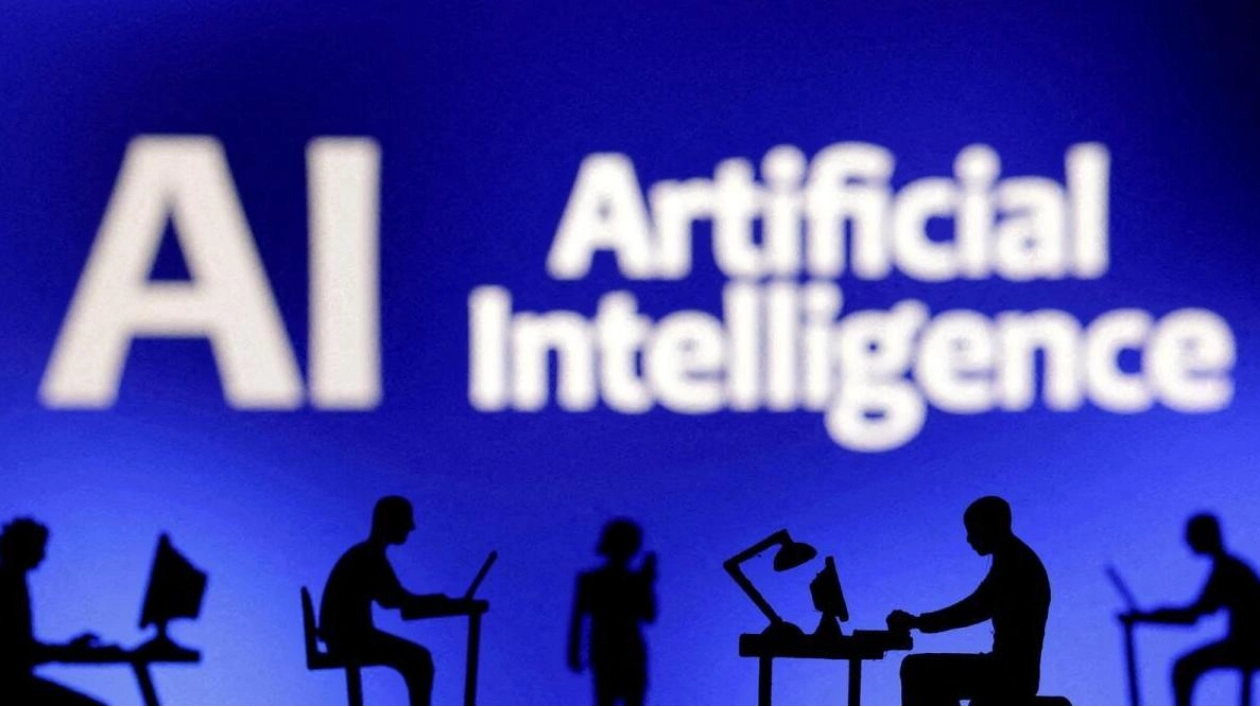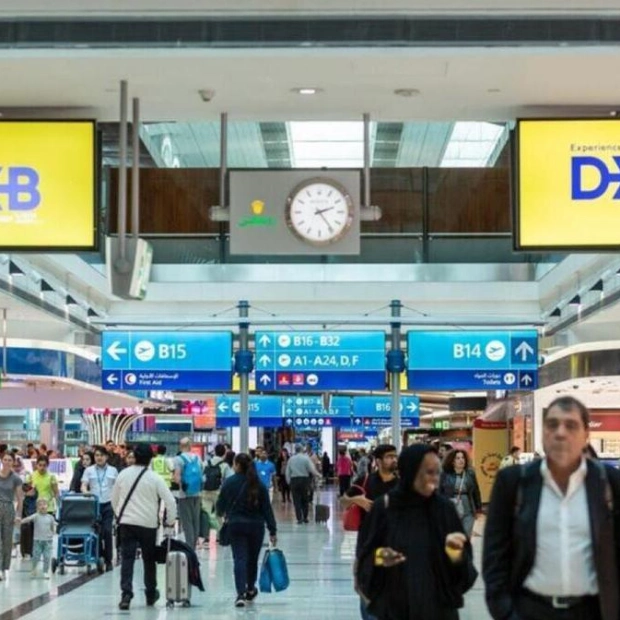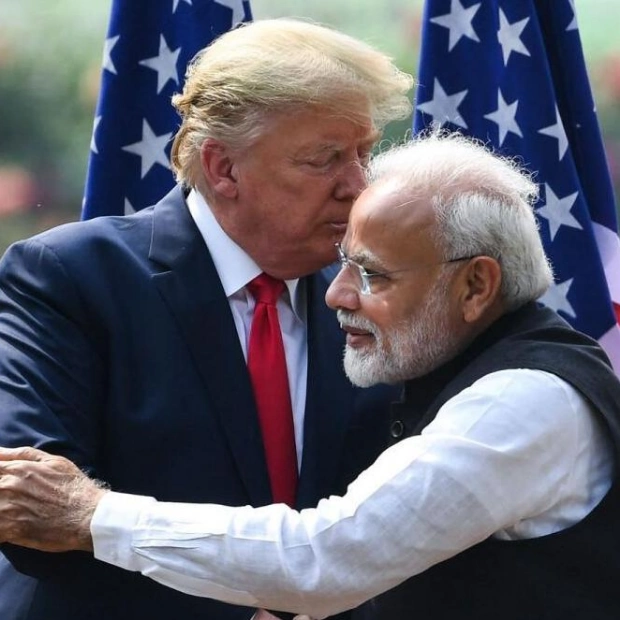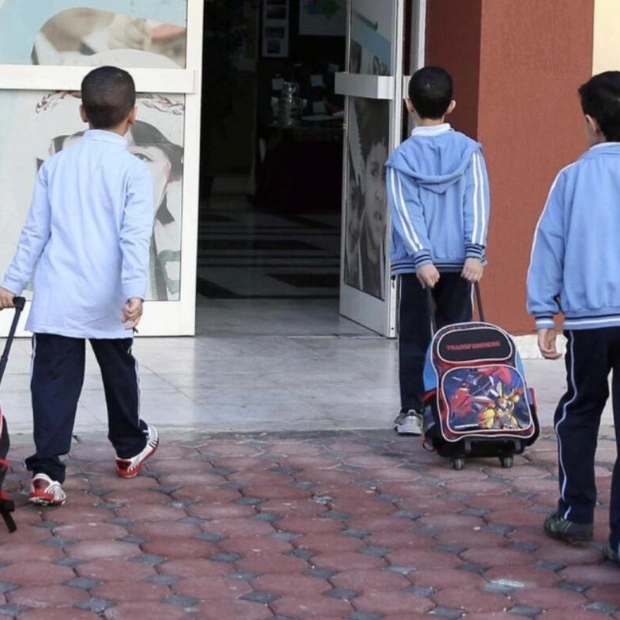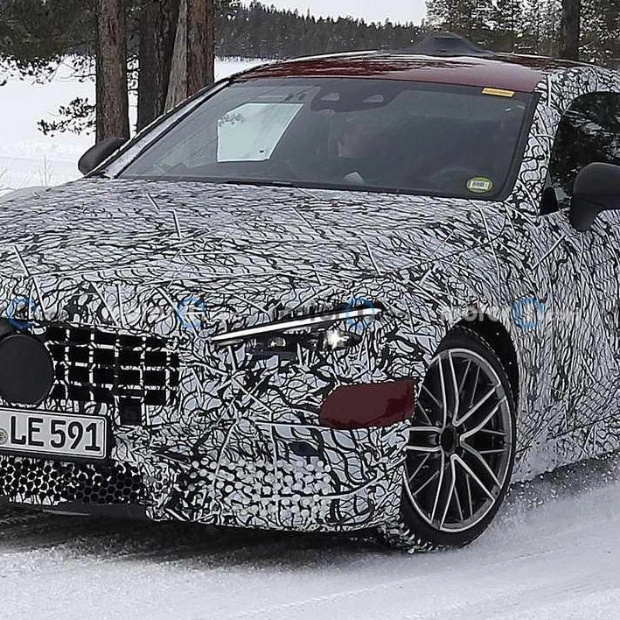On Wednesday, leaders from major Eastern religions signed a Vatican-led AI ethics code in Hiroshima, Japan, alongside major tech companies. The "Rome Call for AI Ethics" emphasizes that artificial intelligence should be developed "with ethical principles to ensure it serves the good of humanity," addressing concerns about its impact on warfare, elections, and employment.
Over a dozen religious leaders from Asian-rooted religions, including Buddhism, Sikhism, and Shinto, convened at Hiroshima's Peace Park, a site devastated by a US nuclear bomb in 1945. Tech giants like IBM, Microsoft, and Cisco, along with Christian, Islamic, and Jewish leaders, have already endorsed this pledge initiated in 2020.
Signatories commit that AI systems "must not discriminate against anyone" and "there must always be someone who takes responsibility for what a machine does." These systems are required to be reliable, secure, understandable, and "must not follow or create biases." The event concluded a two-day forum, with signatories including the president of the World Fellowship of Buddhists, Shinto leaders, and the secretary general of the Baha'i International Community.
Bhai Sahib Bhai Mohinder Singh, chair of the Sikh organization Guru Nanak Nishkam Sewak Jatha, highlighted that the Rome Call for AI Ethics "provides a much-needed global moral check." He emphasized that AI "should never exploit or destroy God's creation; it should only seek its betterment and flourishing." A moment of silence was observed at the ruins of a domed building, a memorial to the 140,000 victims of the 1945 atomic bombing.
At the recent G7 summit in Italy, Pope Francis delivered an unprecedented speech on artificial intelligence. Meanwhile, researchers at the University of Oxford's Institute for Ethics in AI consider the issue "urgent and important," noting daily ethical challenges posed by AI, ranging from face recognition to weaponized drones and its global impact on employment.
